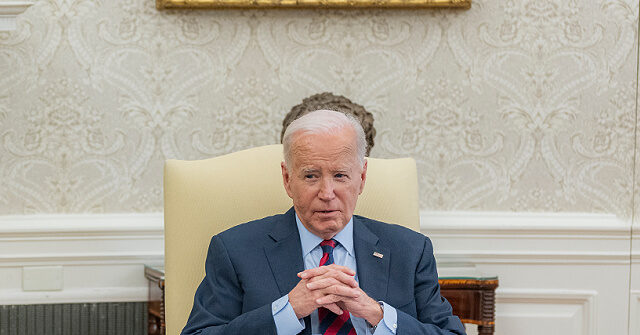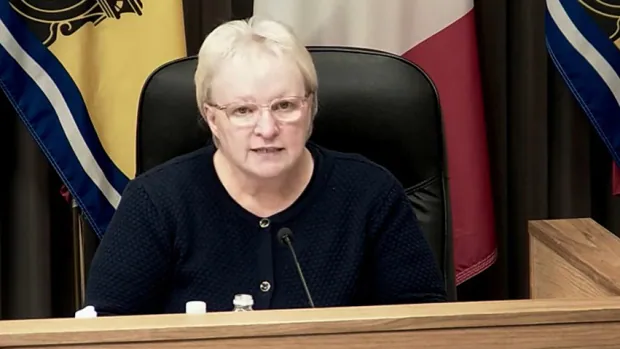The provincial government will release its second report into New Brunswick’s mystery neurological illness today, after a committee of neurologists spent months reviewing patient files.
The committee may conclude there is no mystery illness at all, after Health Minister Dorothy Shephard questioned the “validity” of the idea of a mystery neurological illness at a press conference last fall.
Within the last few weeks, patients who are part of the cluster of 48 began receiving letters from the provincial government, suggesting they may have an alternative diagnosis.
Johanne Boucher of Caraquet received one of those letters last month. Her letter suggested a few possible causes for her symptoms, including Parkinson’s disease.

“I don’t have an answer to my condition. It is nothingness,” Boucher said in a January interview with Radio-Canada.
Thursday’s report comes almost exactly one year after public health officials raised alarm about an unknown illness.
‘A new disease’
Last March, the office of the chief medical officer of health sent a memo to health-care providers across the province, warning them about a “cluster of progressive neurological syndrome of unknown etiology.”
“Preliminary investigation conducted in late 2019/early 2020 determined this to be a distinct atypical neurological syndrome,” the memo said, suggesting the province had already done some sort of work to rule out known diseases.
“It most likely is a new disease,” Chief Medical Officer of Health Dr. Jennifer Russell told reporters on March 18 of last year. “We haven’t seen this anywhere else.”
The size of the cluster grew to at least 48 patients, before the government stopped adding new patients to the list. They ranged in age from 18 to 85, with many suffering debilitating symptoms.
Even though the province froze the number of people in the cluster, the MIND Clinic, a Horizon Health-run clinic designed to treat neurodegenerative disorders, continued to see new patients referred by their doctors.
Province halted expert meetings
The province consulted experts, including many from beyond New Brunswick’s borders, last year to try to find answers to what could be causing patients’ symptoms. Some had expertise in environmental health, others in neurological illness.
But that all changed last May, when the province stopped meeting with those experts, drawing questions and criticism from some patients in the cluster and their families.
Soon after, the language that officials like Shephard used to describe the syndrome became more uncertain, using words such as “potential.” The province launched its own investigation and formed the committee that wrote Thursday’s report.
A report released by the province in the fall found no specific behaviours, foods or environmental exposures that linked the patients together and could pose a risk.
On that same day, Shephard said eight patients who had died, including six who were part of the original cluster of 48, had autopsy results indicating they died from known diseases, such as cancer, Lewy body dementia and Alzheimer’s disease.
At the time, Dr. Alier Marrero, who treated most of the patients who are part of the cluster, stood behind his theory of a new illness.
“We had three field epidemiologists working full time for three weeks each, for instance, besides having dozens of meetings with experts to analyze the data and to come up with the conclusion that there is a pattern here and that pattern is new,” Marrero said in an interview with Radio-Canada in October.
Last April, Shephard said Marrero was leading the investigation into the possibility of a new illness, but by the fall, she said Marrero had not been the lead.
Marrero told Radio-Canada he’d been working with the province for months, before finding himself on the outside of the investigation last June.
“We were told we didn’t have the right to update the newest cases,” Marrero said in an interview with Radio-Canada’s Enquête.





















Discussion about this post